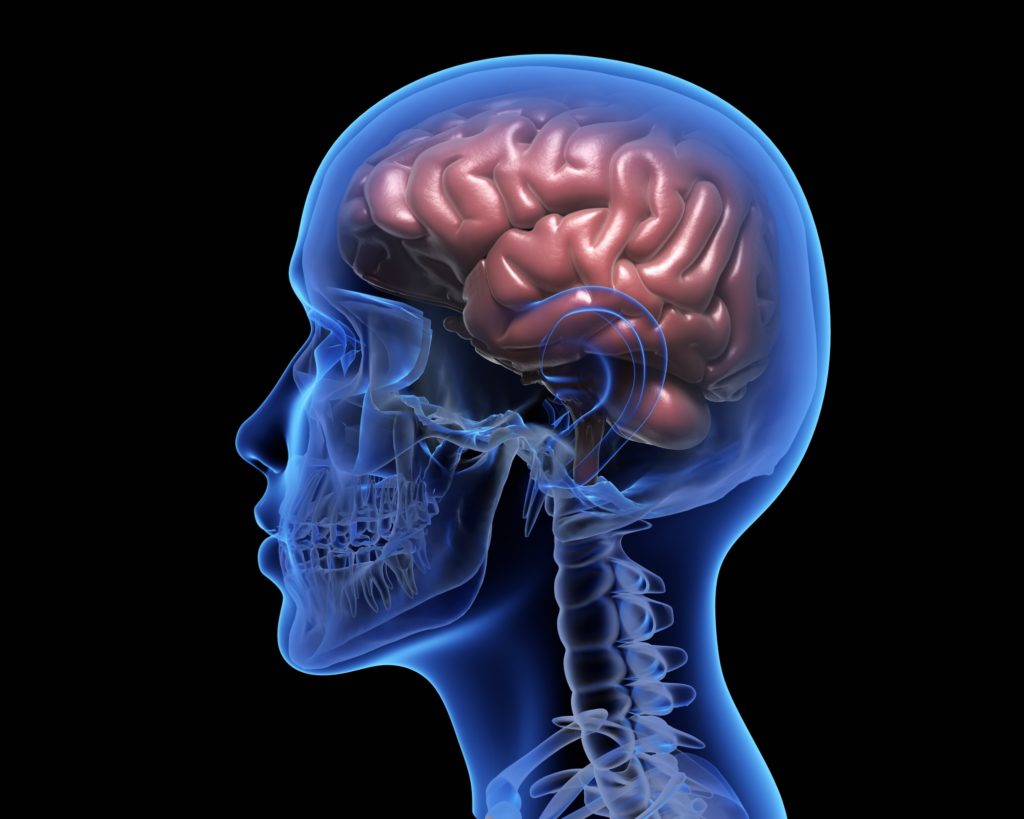The Hidden Harms of Alcohol Abuse
Alcohol is on everyone’s tongues. Three million people die due to alcohol abuse every year. Drinking alcohol is a factor in more than 200 separate disease and injury conditions.
Many people are aware of conditions like car accidents and blackouts. But fewer people are aware of long-term alcohol abuse effects.
Heart Disease
Drinking alcohol can contribute to heart disease in several ways. Alcohol can alter cells in arterial walls, making them less receptive to nutrients. It can change hormone levels that affect heart functions, including how much fluid the heart can retain.
Drinking a small or moderate amount of alcohol may have some benefits. A person may experience lower cholesterol or blood pressure rates. This is common amongst people who drink red wine, but not beer or stronger spirits.
But over time, the damages from drinking alcohol become apparent. Alcohol can make the walls of the heart extremely weak, leading to alcoholic cardiomyopathy.
The heart becomes unable to pump blood to the extremities and organs. A person’s blood pressure can rise significantly, which can lead to a heart attack or organ failure. Cardiomyopathy is a serious condition that requires complete abstinence.
Stroke
Heart disease and strokes are closely linked. If the heart is unable to supply blood to the brain, brain tissues may begin to die. Blood clots can stick inside the brain, which can impair brain function.
Alcohol can cause other problems that contribute to strokes. Drinking large amounts of alcohol at once can lead to atrial fibrillation.
The heart stops pumping at regular intervals, leading to clots inside the heart. When it returns to its normal rhythm, it pumps a clot into the brain and creates a stroke.
The symptoms of alcohol intoxication and a stroke are similar to each other. Both create double vision, slurred speech, and poor coordination. Someone who has a stroke while drinking may not get treatment in time because other people assume they are drunk.
Fat Composition
A popular myth is that alcohol helps people lose weight. Some people maintain their alcohol consumption because they think it helps them stay thin.
But there is no conclusive proof that alcohol consumption helps with long-term weight loss. Alcohol can damage muscle cells, so someone can lose weight through muscle atrophy. Yet this causes their body to become weaker, jeopardizing their overall health.

A glass of wine or a light beer contains roughly 100 calories in it. The drink adds empty calories to a person’s diet, which can cause them to gain weight if they don’t exercise.
The liver processes alcohol. But over time, excessive alcohol can scar liver cells and cause them to shut down. Fat can start to build up inside the liver, preventing the liver from working properly.
Chronic Liver Inflammation
Hepatitis is the medical term for chronic liver inflammation. After a liver develops scars and fatty tissues, the entire organ may become inflamed.
If a person continues to drink alcohol, chemicals can start to build up inside the liver. This poses the risk of organ failure, especially if a person is experiencing other alcohol abuse effects.
People who binge drink are at high risk of liver inflammation. Consuming a large amount of alcohol at once can overwhelm the liver, causing damage.
Hepatitis is a fatal condition if an individual does not receive treatment for it. It can contribute to kidney and brain problems, decreasing a person’s quality of life. Someone may have to go through medication-assisted treatment to wean themselves off of alcohol.
Alcoholic Lung Disease
Alcoholic lung disease is an umbrella term for any lung disease that alcohol contributes to. Many people addicted to alcohol develop pneumonia, which occurs when air sacs in the lungs fill with fluid.
Alcohol contributes to pneumonia by destroying white blood cells that fight infections. It can also damage lung cells, making them more susceptible to fluid buildup.
Alcohol can also cause acute respiratory distress syndrome (ARDS). It can inflame cells throughout the lungs, causing both lungs to shut down. ARDS is a medical emergency that can result in death.
Some people addicted to alcohol develop a chronic cough or difficulty breathing. Lung disease may cause this, but they could have inflammation in their throat. Some alcoholic drinks are acidic and can irritate throat cells.
Skin Disease
Alcohol is a water-soluble molecule. It can travel for long distances in the blood, reaching all layers of the skin.
If it goes to the outer layer of the skin, it can cause redness and itchiness. It can also impede the water supply to the skin. The outer layer may begin to wrinkle or sag, especially around the eyes.
Lower layers of the skin can become inflamed. The immune system may react to the inflammation, causing the skin to produce more skin cells.
If the immune response continues, the skin can develop a condition called psoriasis. Patches of dry and painful skin build up on the body, especially around the joints.
Other long-term alcoholism effects can contribute to skin diseases. A common sign of hepatitis is jaundice, which is discoloration of the skin.
Immune System Suppression
Alcohol enters the body through the gastrointestinal system. The intestines contain numerous microbes that help the body fight off infections. But excessive amounts of alcohol can kill these microbes and cause the intestines to be less receptive to them.
As alcohol circulates through the body, it can damage other immune system centers. It can kill T cells that fight off infections, in addition to white blood cells.
Alcohol can also distract the body from immune functions. The body cannot store alcohol, so it has to process it through the liver as soon as someone drinks it. This means that a virus introduced into the body at the same time will not be killed right away.
People who drink alcohol are susceptible to any kind of infection. Many people report experiencing more colds and cases of flu. But they can suffer from more dangerous infections, including COVID-19.
Brain Shrinkage
The brain’s gray matter controls many mental functions, including memory. The white matter of the brain contains nerves that carry signals from one part of the brain to another.
Alcohol can kill both gray and white matter. It can also slow down the process of sending signals throughout the brain. Someone may get into an accident while they were drunk, which can result in a traumatic brain injury.

The signs of brain shrinkage can become apparent within a few years. A person may have a lack of impulse control. They may lose memories or struggle to coordinate their body.
Brain shrinkage can be an irreversible condition. Nerve cells deep within the brain cannot be healed, causing permanent memory loss. But entering an alcohol rehab program can help someone develop gray and white matter again.
Alcohol Dementia
Dementia is a brain disease that involves a loss of memory and the inability to perform basic tasks. Alcohol abuse can cause dementia if brain shrinkage progresses to a dangerous level. A stroke can contribute to dementia due to the death of brain cells.
Alcohol abuse can also create a disease called Korsakoff syndrome. Thiamine is a chemical in the body that helps brain cells produce energy. Alcohol can kill thiamine, causing brain cells to die and triggering the syndrome.
Alcohol dementia functions similarly to other kinds of dementia. Its main distinction is that it can occur in younger people. In rare cases, people who abuse alcohol in their 30s have developed alcohol-related dementia.
Insomnia
Alcohol can impact a person’s sleep cycle in several ways. It can throw off the hormones that dictate when a person goes to sleep, preventing someone from falling asleep.
It can interfere with eye movements that produce REM cycles. Someone may wake up and feel like they did not sleep at all.
Insomnia can contribute to alcohol abuse. Someone may forget how many drinks they have had because they are so tired. They may drink excessive amounts so they can sleep.
Insomnia can impair the mind as much as alcohol can. A 2017 study found that sleep deprivation weakens brain cells at the same level as alcohol intoxication. If the two are combined together, someone may be unable to work or drive.
Depression
The physical problems that alcohol abuse creates can lead to depression. It can make pre-existing depression worse as well because it makes antidepressants ineffective.
Depression is not just feeling bad. Someone may feel no energy, becoming unable to get out of bed. They may lose interest in their job and personal relationships, threatening their finances.
Depression can encourage someone to drink more. Someone who has abused alcohol for many years may be dependent on it to feel good. The worse they feel, the more they drink so they can feel good again.
Suicidal Thoughts
Depression, dementia, and extreme physical problems can lead to suicidal tendencies. Someone may feel suicidal because they are ashamed of their drinking. In rare cases, a person will continue to drink so they will eventually develop a fatal complication.
Suicidal thoughts require immediate medical attention. A person who has them should call a helpline or talk to a friend about what they are feeling. They should then pursue help at an inpatient or outpatient rehab program.
Delirium Tremens
One reason why alcohol abuse progresses into the long term is withdrawal. The brain can become dependent on alcohol to send signals through nerves, even as alcohol damages those nerves. If the brain is cut off from alcohol, chemicals in the brain may not bind to cells.
Anyone who is dependent on alcohol for a period of time will experience withdrawal symptoms. Heavy drinkers or frequent binge drinkers may develop an extreme form of withdrawal called delirium tremens.
After a few days of withdrawal, a person’s body may begin to shake. They may start to sweat while feeling cold and shivering.
Some people develop hallucinations and heart palpitations. In rare cases, a person going through delirium tremens may die.
The painful process of delirium tremens drives many people back to alcohol. But this will only make their dependency worse. Withdrawal can be successful with medical supervision.
Cancer
Alcohol can cause any type of cancer. It can damage the DNA inside cells, causing mutations that lead to tumor growth.
Liver cancer is most prominent because of the amount of damage alcohol can do to the liver. But heavy alcohol consumption can trigger throat, esophageal, and colon cancer.
Alcohol abuse can also make ongoing cancer cases worse. The immune system can fight off cancer cells, but it becomes weaker with enough alcohol consumption.
Many people with cancer experience complications like pneumonia. The damage that alcohol causes to the lungs can trigger a fatal case, even with medical help.
Alcohol Rehab Available At Dream Recovery In Orange County

Alcohol abuse effects extend to every part of the body. It can narrow the walls of the heart, triggering heart disease and strokes. It can penetrate through the layers of the skin, causing psoriasis.
Alcohol kills blood cells that fight off infections. This can lead to lung disease, colds, and cancer.
Drinking can also affect the mind. If enough brain cells die, a person can develop dementia. They may suffer from insomnia and depression, which can generate suicidal thoughts.
As damaging as alcohol can be, there are recovery solutions. Dream Recovery serves the Costa Mesa area in Orange County. Contact us today.
Sources
Information about Medication-Assisted Treatment (MAT) (2019). U.S. Food and Drug Administration.
Medication-Assisted Treatment for Opioid Addiction in Opioid Treatment Programs (2005). National Institutes of Health.
*We currently do not accept Medicare, Medicaid, or Medi-Cal.







